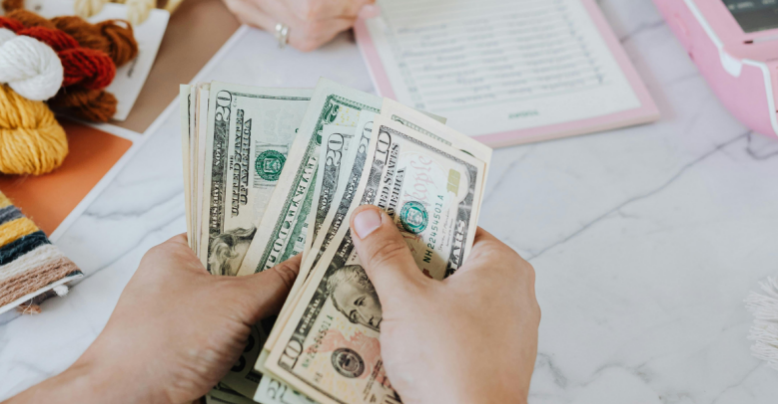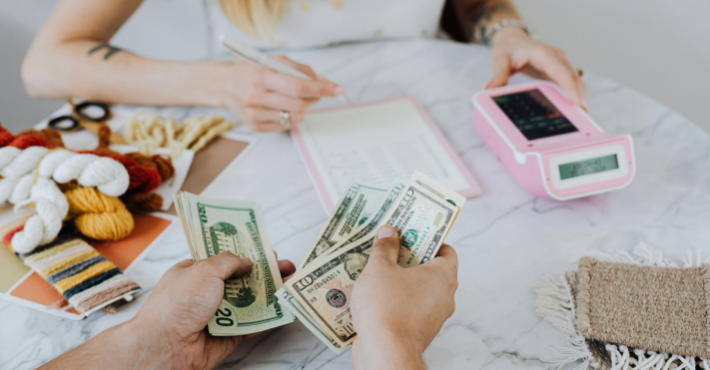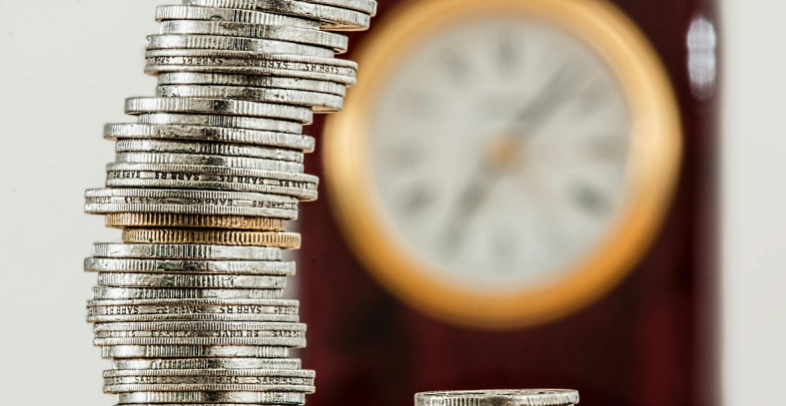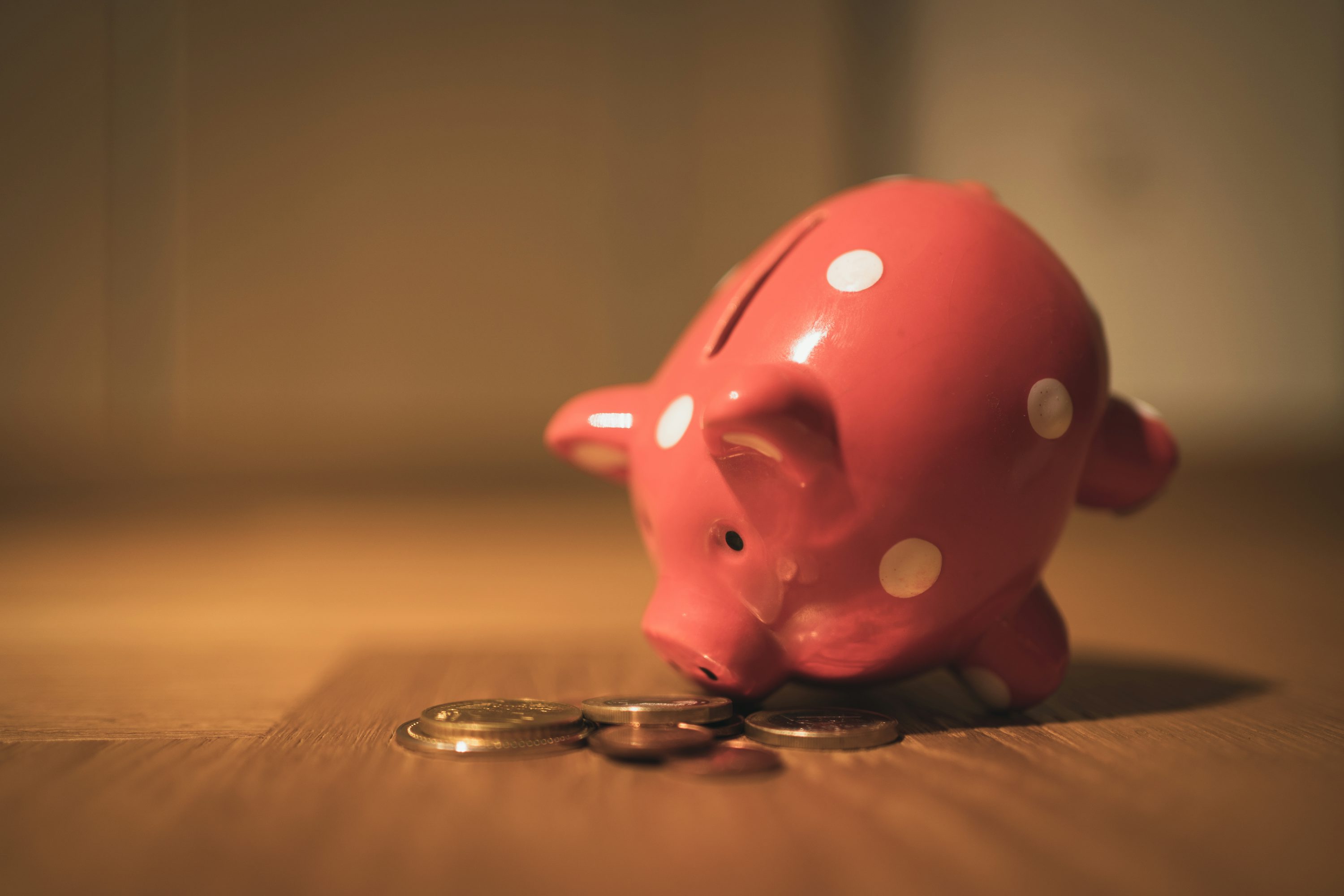How Cash-Out Refinancing Can Help (or Take Away) From Your Wallet

Do you have own a home and need lots of cash? Maybe to renovate your home, fund college, or start a small business?
Homeowners seeking to turn part of their home equity into cash can consider a cash-out refinance as an option. But, like most money machines, it has its pluses and minuses.
Allow us to walk you through it so you can see how it operates and decide if it's a good fit for you.
What Is Cash-Out Refinancing?
When you refinance your house, you take out a new mortgage to replace your current one, often featuring more favorable terms or a lower interest rate.A step further is taken with cash-out refinance.
It enables you to take out a loan for an amount greater than your home equity and get the difference in cash.
For example:
- You have the value of your home is $400,000.
You borrow against it to $320,000 - You take $70,000 in cash (minus fees and closing costs)
It's accessing your home's value that has built up — without having to sell.
When It Can Help Your Finances

1. Lower Interest Rates on Debt
Using cash-out refinancing to eliminate high-interest credit card debt can save thousands in interest over time.
2. Home Improvements
Do you want to add a second bathroom or just renovate your kitchen? Enhancing your home will increase its value and improve your comfort.
Instead of using student loans or personal loans, some people use cash-out refinancing to cover big expenses like tuition or launching a business.
3. Consolidating Debt
Rather than making several monthly payments, you can consolidate it all into one mortgage payment, usually at a lower interest rate.
When It Can Hurt Your Finances
1. You’re increasing Your Debt
Even though you’re borrowing from yourself, you're still taking on more debt — and increasing your mortgage balance.
2. Higher Monthly Payments
With a bigger loan, you might face higher monthly mortgage payments, depending on the new loan’s terms.
Is It Right for You?

Cash-out refinancing isn’t good or bad its own. It all depends on your goals and your spending habits.
Ask yourself:
- Do I really need this cash?
- Will I use the money wisely (not just vacations or shopping)?
- Will this help me build long-term value or improve my situation?
If the responses are affirmative, it might be a wise decision.
Final Thoughts
A homeowner's home loan different for high-volume consumers is cash-out refinance, but it's not free money.
It can help you in saving for the future, change your home, or pay off debt when used properly.
However, if used carelessly, and it may harm your finances and house.
Consider it as taking a loan from your future, and ensure that your future self appreciates it.
(Writer:Ciki)





